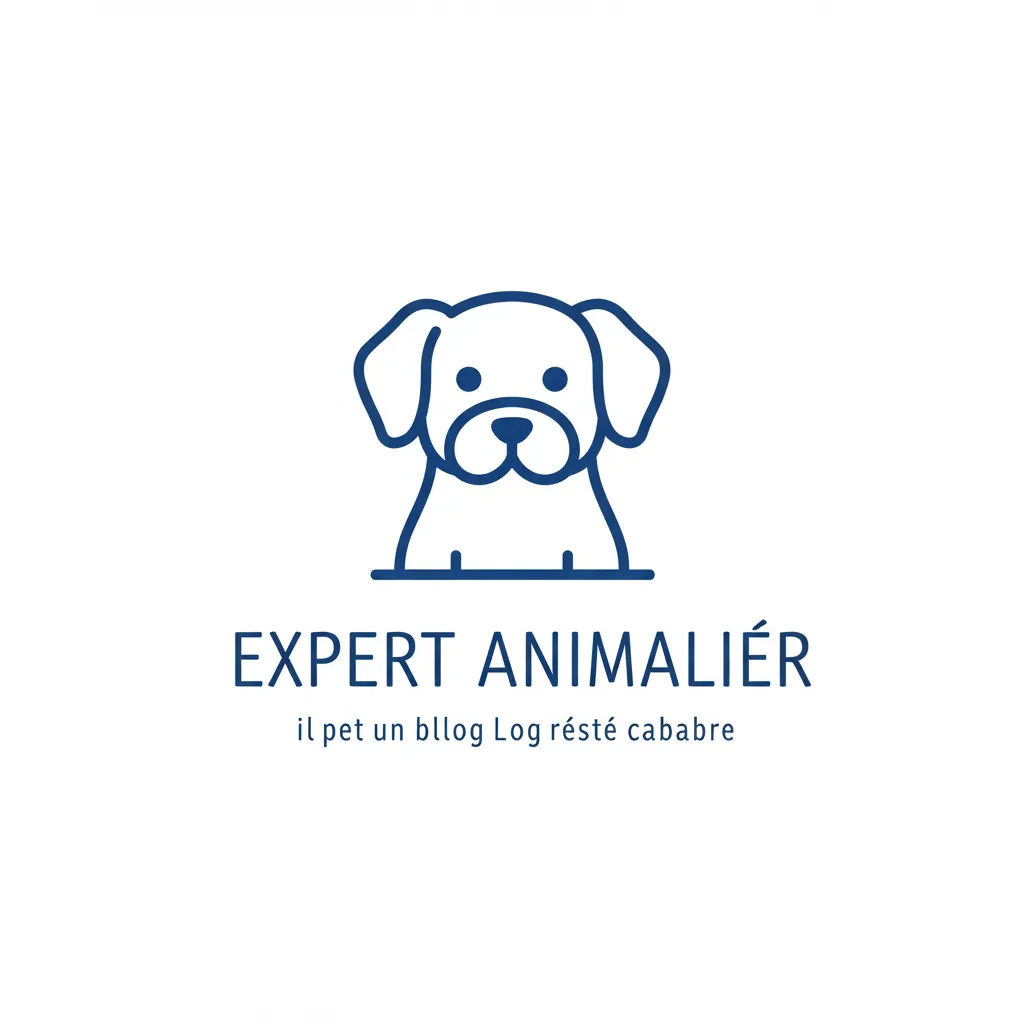Excessive hair loss in dogs is a common phenomenon that can worry many owners. While shedding is a natural process for many dogs, unusually heavy or persistent hair loss can indicate an underlying problem requiring special attention. In this article, we’ll explore the various treatments available to manage this issue, adopting a professional and educational approach to help you better understand the potential causes and suitable solutions.
Causes of Excessive Hair Loss
Environmental Factors
Environmental changes, such as seasonal variations, can significantly influence the amount of hair a dog sheds. For instance, in spring and autumn, it’s normal for dogs to shed more due to the seasonal molt as they adapt their coat to changing temperatures.
Dietary Problems
An unbalanced diet can also be a root cause of excessive hair loss. Deficiencies in essential nutrients, such as omega-3 and omega-6 fatty acids, can lead to dry skin, a dull coat, and increased hair shedding. Poor quality protein or insufficient vitamins can also contribute.
Skin Diseases
Skin infections like dermatitis, bacterial infections, or fungal infections (e.g., ringworm) can cause significant hair loss, often accompanied by itching, redness, or lesions. It’s crucial to consult a veterinarian for accurate diagnosis and prompt treatment of these issues.
Stress and Anxiety
Stress can also be a major factor in hair loss in dogs. Changes in the dog’s environment, such as moving to a new home, the arrival of a new pet, or even separation anxiety, can induce stress and lead to excessive shedding as a physical manifestation.
Available Treatments
Balanced Nutrition
A diet rich in essential nutrients is crucial for maintaining healthy skin and a robust coat. Owners should opt for high-quality dog foods that are rich in omega-3 and omega-6 fatty acids, as well as vitamins A and E, which directly support skin and hair health.
Veterinary Care
It’s imperative to consult a veterinarian to accurately diagnose the exact cause of hair loss. The vet can perform necessary tests (e.g., skin scrapes, blood tests) and recommend specific treatments, such as antifungal medications, antibiotics for bacterial infections, or hypoallergenic diets, depending on the underlying condition.
Nutritional Supplements
Adding nutritional supplements to a dog’s daily diet can help improve their coat health. Omega-3 fatty acid supplements, derived from fish oil, in particular, are well-known for their benefits on skin hydration and coat shine, often reducing shedding. Biotin and B vitamins can also be beneficial.
Topical Products
The use of shampoos and conditioners specifically formulated for dogs can help reduce hair loss. These products often contain soothing ingredients like colloidal oatmeal, aloe vera, or essential fatty acids that hydrate the skin, reduce inflammation, and strengthen the hair follicles.
Concrete Examples and Use Cases
A common case encountered by veterinarians is a Labrador Retriever suffering from atopic dermatitis. The prescribed treatment included a hypoallergenic diet enriched with essential fatty acids, combined with medicated shampoos. Within a few weeks, significant improvement was observed, with reduced hair loss and healthier skin, demonstrating the effectiveness of a multi-faceted approach.
Another example involves a small breed dog experiencing intense environmental stress after a house move. Regular play and exercise sessions, combined with vet-approved calming supplements (e.g., melatonin or L-tryptophan) to help reduce anxiety, successfully stabilized the situation, leading to a noticeable reduction in stress-induced shedding.
Key Points and Best Practices
- Veterinary Consultation: Always consult a veterinarian to identify the exact cause of hair loss. Self-diagnosis can lead to inappropriate treatments.
- Quality Diet: Opt for high-quality foods rich in essential nutrients.
- Supplements: Consider adding omega-3 fatty acid supplements, but always under veterinary guidance.
- Regular Grooming: Use appropriate topical products and brush your dog’s coat regularly to remove loose hair and stimulate healthy growth.
- Stress Management: Avoid sudden changes in your dog’s environment and establish calming routines to minimize stress.
FAQ
Why is my dog losing a lot of hair?
Excessive hair loss can be due to natural factors like seasonal shedding or underlying problems such as nutritional deficiencies, skin infections, allergies, hormonal imbalances, or stress.
What foods can help reduce hair loss in dogs?
Foods rich in omega-3 and omega-6 fatty acids, as well as vitamins A and E (e.g., salmon, flaxseed, sweet potatoes), can significantly improve coat health and reduce shedding.
When should I consult a veterinarian for my dog’s hair loss?
It’s advisable to consult a veterinarian if hair loss is sudden, excessive, localized, accompanied by itching, skin lesions, redness, or changes in behavior.
Are dog supplements effective for hair loss?
Yes, supplements, particularly those containing omega-3 fatty acids and biotin, can be effective in improving skin and coat health, but their efficacy can vary depending on the underlying cause of hair loss.
Are there home remedies for hair loss in dogs?
While some home remedies (like coconut oil or oatmeal baths) might offer temporary relief or conditioning, it’s always best to consult a veterinarian first to ensure the treatment is appropriate and doesn’t mask a serious underlying condition.
Conclusion
Excessive hair loss in dogs can be an alarming signal indicating an underlying problem. By understanding the potential causes and exploring the available treatments, owners can better manage this situation. It’s essential to consult a veterinarian for an accurate diagnosis and appropriate treatment plan. Ultimately, a balanced diet, regular grooming, and stress management are key elements for maintaining a healthy coat and reducing hair loss in your beloved companion.







